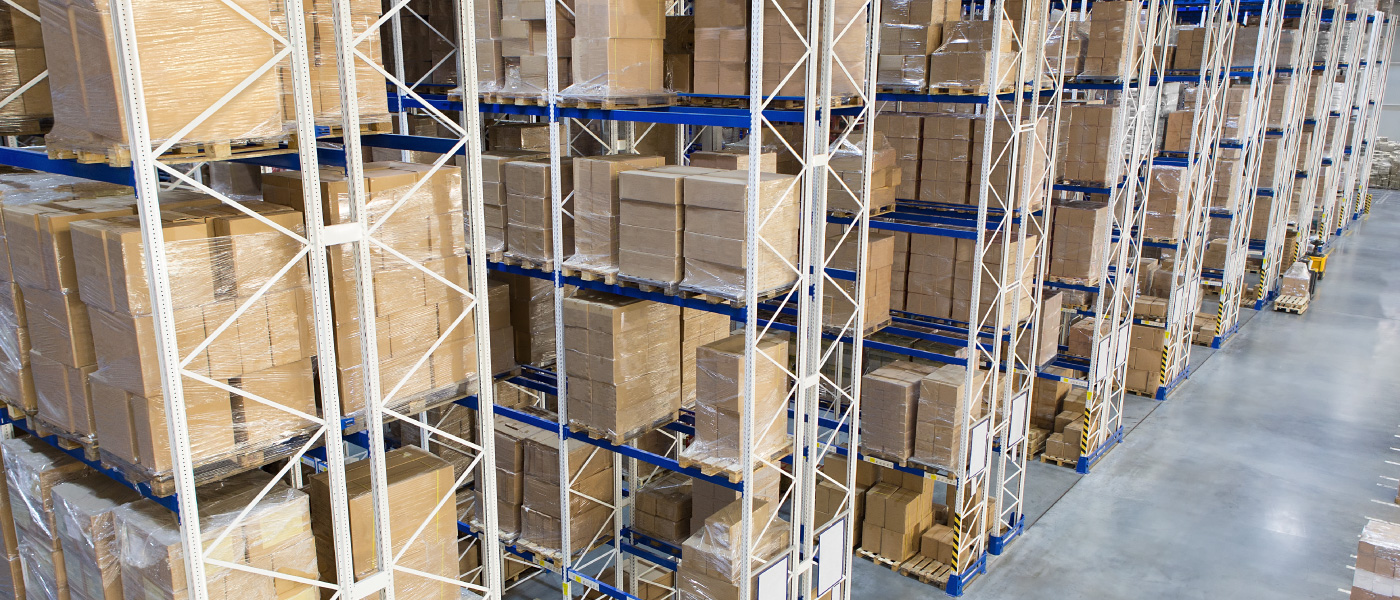What are Some of the Healthiest Snacks You Can Get in Malaysia?
Malaysia is known for its variety of delicious snacks, but not all of them are healthy. From traditional snacks to modern Western-style options, Malaysians can
Direct-to-consumer (DTC) brands have been all the rage in the last few years, especially during the early stages of the pandemic when online shopping was in full force. That shine has waned lately, not in small part due to the rising ad costs, worsening data analytics and the erratic supply chain, just to name a few issues.
With regard to the last point, the current situation highlights the importance of the traditional supply chain in getting your brand’s food products from your factory to your stores. While it may seem attractive to cut out all the middlemen and sell directly to the consumer, that path is full of uncertainties and may not allow you the best reach.
However, some of you may be unsure of how the typical local supply chain works. What roles do food distributors play in Malaysia? How about the wholesalers in Malaysia, what do they do?
We hope to answer those questions for you in this article.

Food distributors perform various functions at each stage of the production process. For example, they may be responsible for ordering raw materials from producers; receiving finished products from manufacturers; distributing them to retailers and wholesalers; warehousing the ordered items; managing inventory levels; providing customer service; and promoting sales.
Distributors do not just help to keep manufacturers and distributors working together; they make sure the entire supply chain operates efficiently. A distributor may purchase products from a manufacturer, then resell those items to end customers. Or, if needed, a distributor might simply store goods until someone else purchases them.
Food distributors usually enter into contracts with manufacturers and trade in non-competing goods. Therefore, distributors are cautious about which companies and goods they represent to avoid any conflicting situations.
Food manufacturers usually can’t reach their consumers directly in a cost-effective manner so they use intermediaries to place their products in stores where consumers will see them.
The more established food distributors in Malaysia, such as Sangla Foods, may also provide logistics services for manufacturers, including storage of their goods and transportation to a wide variety of clients.
There are some similarities between what a food distributor does and what a food wholesaler does, but there are also important distinctions.
Wholesalers make bulk purchases of various kinds of items from distributors or food suppliers who sell them wholesale.
They often get special deals on bulk and frequent purchases. Purchases may include thousands of units of one product or hundreds of boxes of a single item. In addition to retail sales, they also act as agents for manufacturers and distributors, selling to end users such as restaurants, schools and foodservice outlets.
If this is still a bit confusing to you, consider that the main goal of a wholesaler is to fulfill the demands of the retailers. Whether the end consumer buys them from the retailer or not is not the concern of the wholesaler. The wholesaler just needs to make sure that they have the items or food products that the retailer wants.
Retailers are the outlets that sell directly to the end customers. This would be your hypermarkets (such as Giant or Aeon), supermarkets, convenience stores or even the smaller mom-and-pop stores that you get your weekly tea from.
These are the businesses that the average consumer will have the most interaction with. While they are the most visible parts of the food supply chain, they are just one part of it. Food distributors and wholesalers are also important in helping Malaysians get their groceries on time.
Malaysia is known for its variety of delicious snacks, but not all of them are healthy. From traditional snacks to modern Western-style options, Malaysians can
Noodles are a big part of different Asian cuisines. Malaysian cuisine has a lot of noodle dishes you can easily find in restaurants and hawker
In Malaysia, coffee culture is booming, with people flocking to coffee shops to indulge in their favorite brews. From artisanal coffee made by someone with
Oats have been gaining popularity in Malaysia due to their numerous health benefits. These wholesome grains offer a range of advantages, including lower blood pressure
Tel: +603-5569 2318
Fax: +603-5569 2208
Email: hello@sanglafoods.com
Lot 4, Jalan Peguam U1/25A, Hicom Glenmarie Industrial Park,
40150 Shah Alam, Selangor, Malaysia